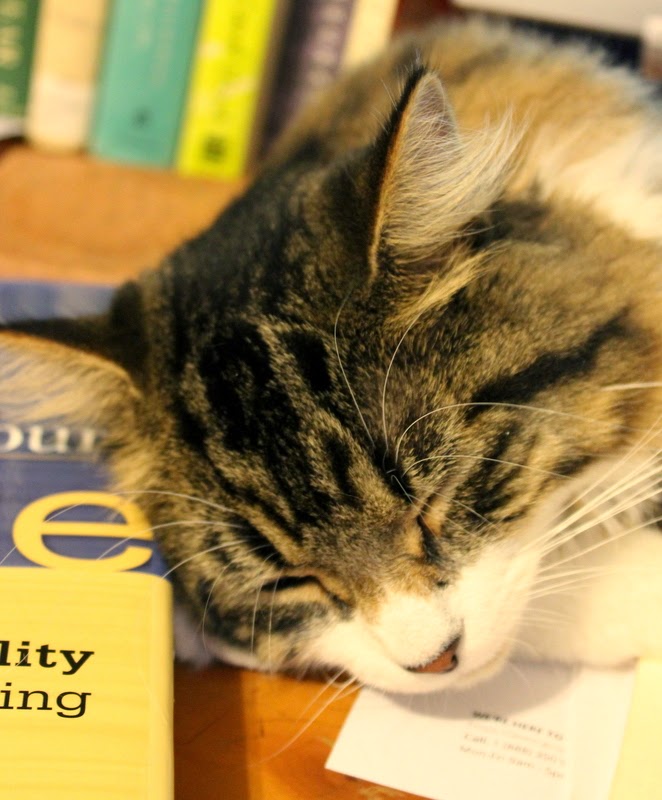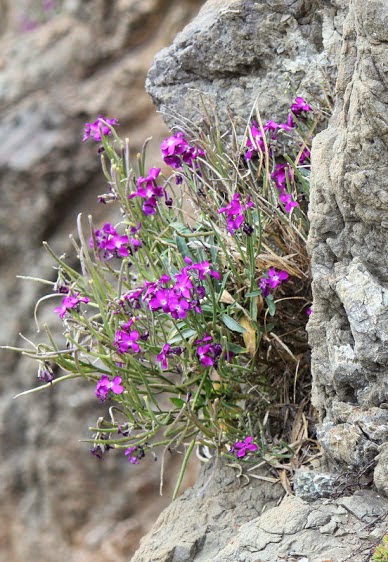Note: I'm taking a more relaxed approach to blogging this summer, so occasionally I'm going to rerun a previous post. I hope you enjoy this one, from 2010.
This is what happens when 95 degrees meets inattentive gardener:
Here’s the same plant after a drink of water and a good night’s rest:
This little ornamental pepper is amazingly resilient—I’m sorry to say this is not the first time she’s wilted in the heat. Still, she survives, even after freezing temperatures in the winter and practically dying of thirst in the summer.
If you look closely, you’ll see a few peppers still a bit wizened from their lack of water. Just like the peppers, we often wear the battle scars of what we’ve been through—in our faces, in our eyes, in our hearts. Yet still we come back for more, still we reach upwards toward the light—even though sometimes that light scorches us. For us, a drink of water and a good night’s sleep may be only the beginning of what we need to recover. We may need a box of assorted chocolates, an hour of solitude, a friend’s ear, or even professional help.
If you’re struggling right now, wilting in the sun, reflect on what you really need to get through today, and the day after, and the day after that. Be an attentive gardener—don’t wait until your leaves are drooping and your peppers are shriveled before you give yourself that cool drink of water that makes all the difference. I promise you’ll feel better in the morning.









































.jpg)


